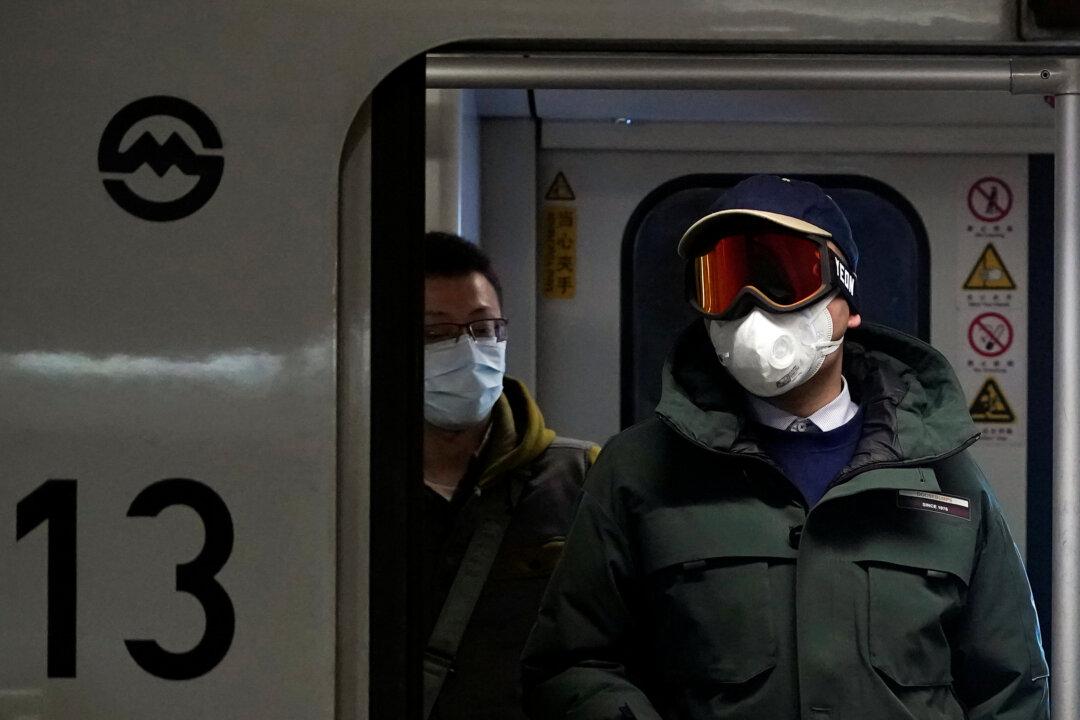A group of nine passengers who traveled from China to Boston were screened at Logan International Airport on Jan. 22 for a new virus that first appeared in Wuhan, according to officials.
The passengers arrived on a Cathay Pacific flight from Hong Kong and were medically evaluated out of precaution, the Massachusetts Port Authority said, reported WCVB.





